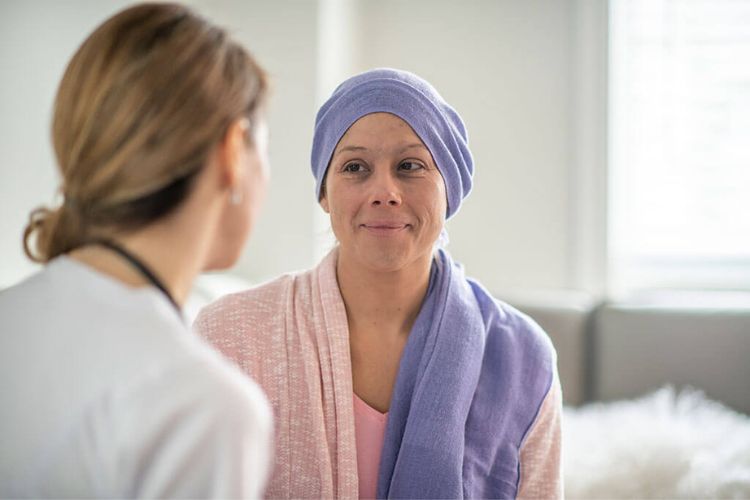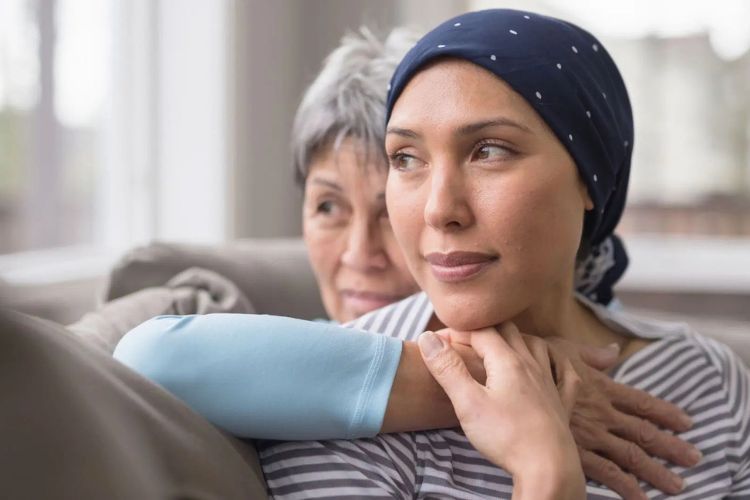Cancer coaching for patients is beyond facilitation; it is a catalyst for change or whatever you would choose. Most survivors feel lost after their last treatment round, in confusion, drained physically, and mentally overwhelmed. It is not to fix survivors but actually to empower them to help rediscover purpose, rebuild confidence, and author their next chapter with intention. Healing isn’t only about survival, it’s about learning to live again.
From healing to thriving, one goal, one coach, one step at a time!!
Next Chapter Begins: Recovery Coaching Transforms Life After Cancer

Finishing treatment can feel like being dropped into a world that’s familiar, but suddenly unfamiliar. You’re grateful, yet you may feel isolated, confused, or even scared. That’s where life coaching for cancer survivors plays a vital role. With personalized strategies, practical tools, and powerful guidance, coaching helps you move beyond survival mode and step into a life worth celebrating.
- Reconnect With Yourself: You are more than your diagnosis.
- Rewrite Your Story: You survived; now choose how you’ll thrive.
- Redefine Your Normal: Build a life that works for who you are now.
- Rise With Purpose: Because surviving was just the beginning.
Guided Healing: The World of Cancer Recovery Coaching Programs
As survivors navigate the transition from treatment to life beyond it, the benefits of coaching for cancer patients become more evident. Coaching offers a goal-oriented, empowering partnership. Contrary to therapy, which tends to be more focused on dealing with trauma and healing the past, coaching is about setting future goals and creating a concrete, livable way forward.
1. Defining Cancer Survivorship Coaching
Coaching for survivors provides structured guidance for the transition from cancer to life. It is about unlocking potential, rekindling purpose, and stimulating action. Survivorship coaching recognizes the emotional, physical, and identity shifts that come after cancer, and helps you move through them with clarity.
How It Differs from Therapy or Counseling
- Coaching focuses on the future, while therapy often explores the past.
- Coaches ask powerful questions that unlock personal insight.
- Therapy is clinical; coaching is a creative collaboration.
- Coaching helps you set and execute realistic post-cancer goals.
2. Common Focus Areas in Coaching
Cancer recovery coaching programs are tailored to meet individual needs. Whether it’s reclaiming confidence, setting goals, or building better habits, coaches meet you where you are and help guide you forward.
- Rebuilding Confidence and Identity
- Embracing the New You: You’re not who you were before cancer, and that’s okay. Coaching helps you embrace this evolution.
- Self-Worth and Body Image: Rebuild trust with your body and inner voice after physical and emotional upheaval.
- Setting and Achieving Life Goals
- Dream Again: Rediscover passions and future aspirations lost in the shadow of illness.
- Take Action: Break down goals into simple, achievable steps that bring momentum and joy.
- Managing Energy and Self-Care
- Balance, Not Burnout: Recovery coaching for cancer survivors teaches you to honor your limits and recharge effectively.
- Building Daily Habits: Small routines like journaling, hydration, or mindfulness fuel long-term wellness.
Coaching That Heals: Benefits of Coaching for Cancer Patients

Both uncertainty and vacillation mark the trip beyond cancer. Survivors often feel they’re “supposed ” to be okay, but outside, they’re still searching for direction. That’s where cancer recovery coaching programs offer essential support, helping survivors step back into life with renewed energy and empowered clarity.
- Emotional Empowerment and Resilience
Coaching supports emotional ending by turning pain into purpose. Withancercoaching for patients, survivors learn to move from fear to trust, from fatigue to inner fire. Coaches help shift mindset, reframe obstacles, and build emotional strength.
- Reclaim emotional control
- Build confidence in your new identity
- Cultivate joy and gratitude daily
- Reclaiming Purpose and Direction
Many face post cancer depression, unsure of where to go after remission. Coaching fills this gap by helping you reimagine your future and reignite passions you may have set aside during treatment. It’s about stepping back into your life with vision and courage.
- Clarify values and priorities.
- Set short- and long-term goals.
- Reconnect with hobbies and relationships.
- Support for Career and Lifestyle Changes
From job transitions to strained relationships, survivors often encounter major life shifts. The benefits of coaching for cancer patients extend into every area of life, helping you balance responsibilities and rewrite your daily routine with ease and intention.
- Navigate career reintegration
- Strengthen communication with loved ones
- Design a lifestyle rooted in purpose, not pressure
Voices of Victory: Cancer Coaching For Patients That Transform Lives

Behind every success story is a trip of courage. Numerous survivors credit coaching as the turning point in their recovery. These stories remind us that we’re nowhere alone, and that guidance, belief, and support can change everything.
- Lisa’s Return to Joy: After months of grief and confusion, she found clarity, confidence, and daily joy through structured coaching.
- Amir’s Confidence Comeback: Guided by recovery coaching for cancer survivors, Amir overcame fatigue and rebuilt strength after physical setbacks.
- Daniel’s Emotional Growth: He replaced anxiety with resilience by learning emotional tools and strategies.
- Mariah’s New Identity: She stopped trying to go back to “who she was” and started honoring who she had become.
- Priya’s Purpose Reimagined: Working with a coach transformed her career path and reawakened her sense of meaning. Cancer coaching for patients helped her find alignment, not just ambition.
Navigating Cancer Recovery Coaching Programs: Tips for the Right Match
Changing the right trainer starts with clarity. Identify what areas of life you want support in, whether emotional, physical, spiritual, or life. Look for a trainer who specializes in survivorship and understands the unique experience of post-treatment life. Survivors also benefit from routines like journaling, stretching, or mindful exercises for cancer patients to pair with their coaching journey.
- Ask for certification or training credentials.
- Check testimonials or reviews.
- Have a consultation call to ensure the proper fit
- Trust your instincts and comfort level
Cancer recovery coaching programs often offer group and one-on-one formats. Choose what resonates most with your mending style. Flashback: This is about your trip. You earn guidance that respects and reflects your requirements.
Bottom Line: A Message of Hope and Empowerment
Healing isn’t just about surviving cancer; it’s about choosing to live fully, intentionally, and powerfully after it. Healing isn’t just about surviving cancer; it’s about choosing to live completely, deliberately, and forcefully after it. Cancer coaching for patients provides the structure, stimulus, and metamorphosis demanded to move forward with confidence.
Whether you’re rebuilding your identity or launching a brand-new vision, guiding lights the way.
You don’t have to walk this path alone. There’s strength in community, wisdom in support, and beauty in getting.
Ready to move from surviving to thriving? Let’s take that step, together.
Frequently Asked Questions (FAQs)
How does coaching help after cancer?
Coaching helps survivors regain emotional strength, set goals, and find direction in life after treatment, promoting more profound healing and personal growth.
What is recovery coaching for cancer survivors?
It’s a structured, empowering support model that helps survivors navigate physical, emotional, and lifestyle changes post-cancer.
What are the benefits of coaching for cancer patients?
Coaching builds confidence, emotional resilience, and helps set achievable goals in health, relationships, and purpose-driven living.
Can coaching support post-treatment mental health?
Yes, many survivors facing uncertainty or post depression after cancer benefit from the guidance and validation that coaching offers.
Is coaching only for emotional recovery?
Not at all, coaching supports career reintegration, relationship rebuilding, self-care habits, and personalized goal setting for every area of life.






